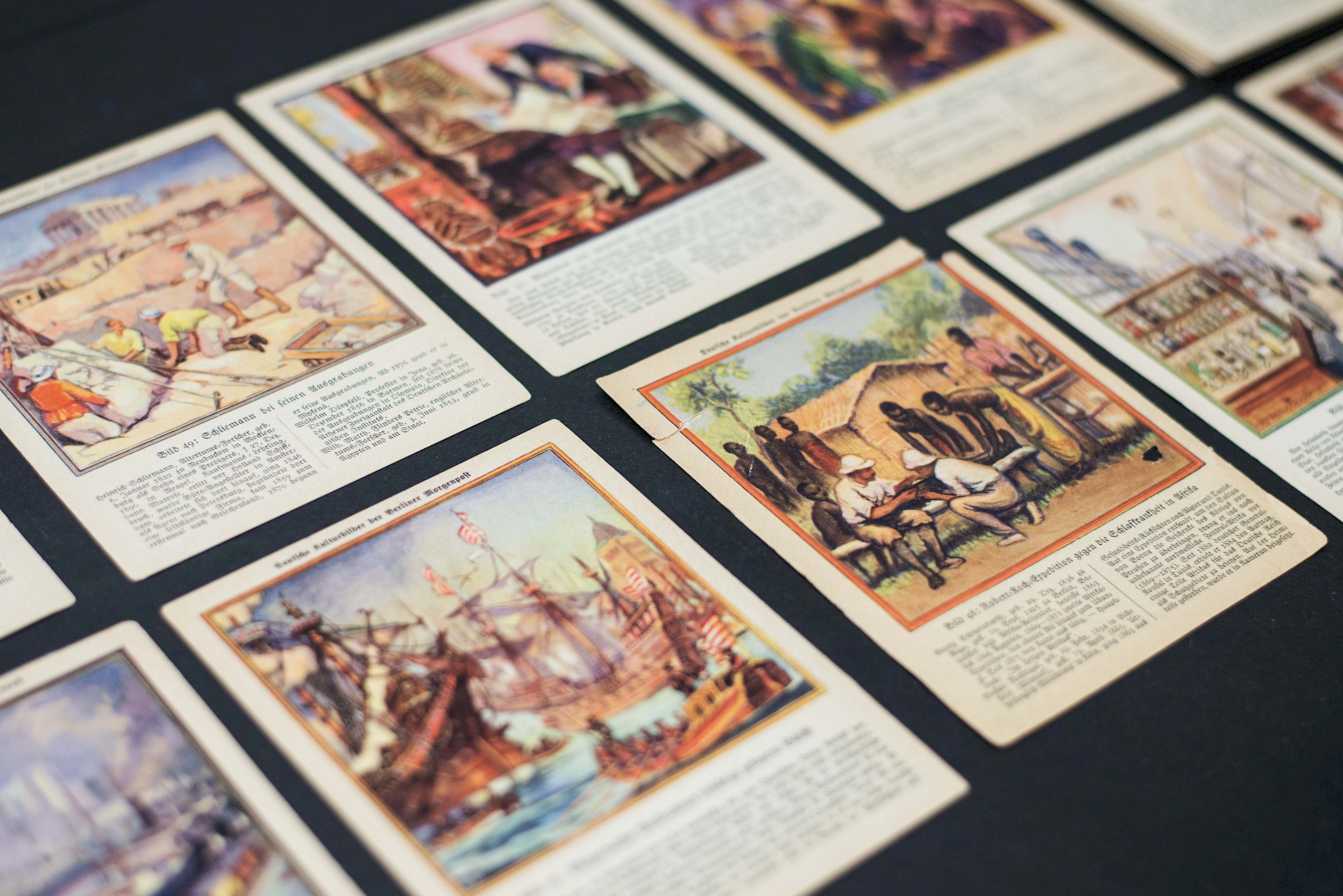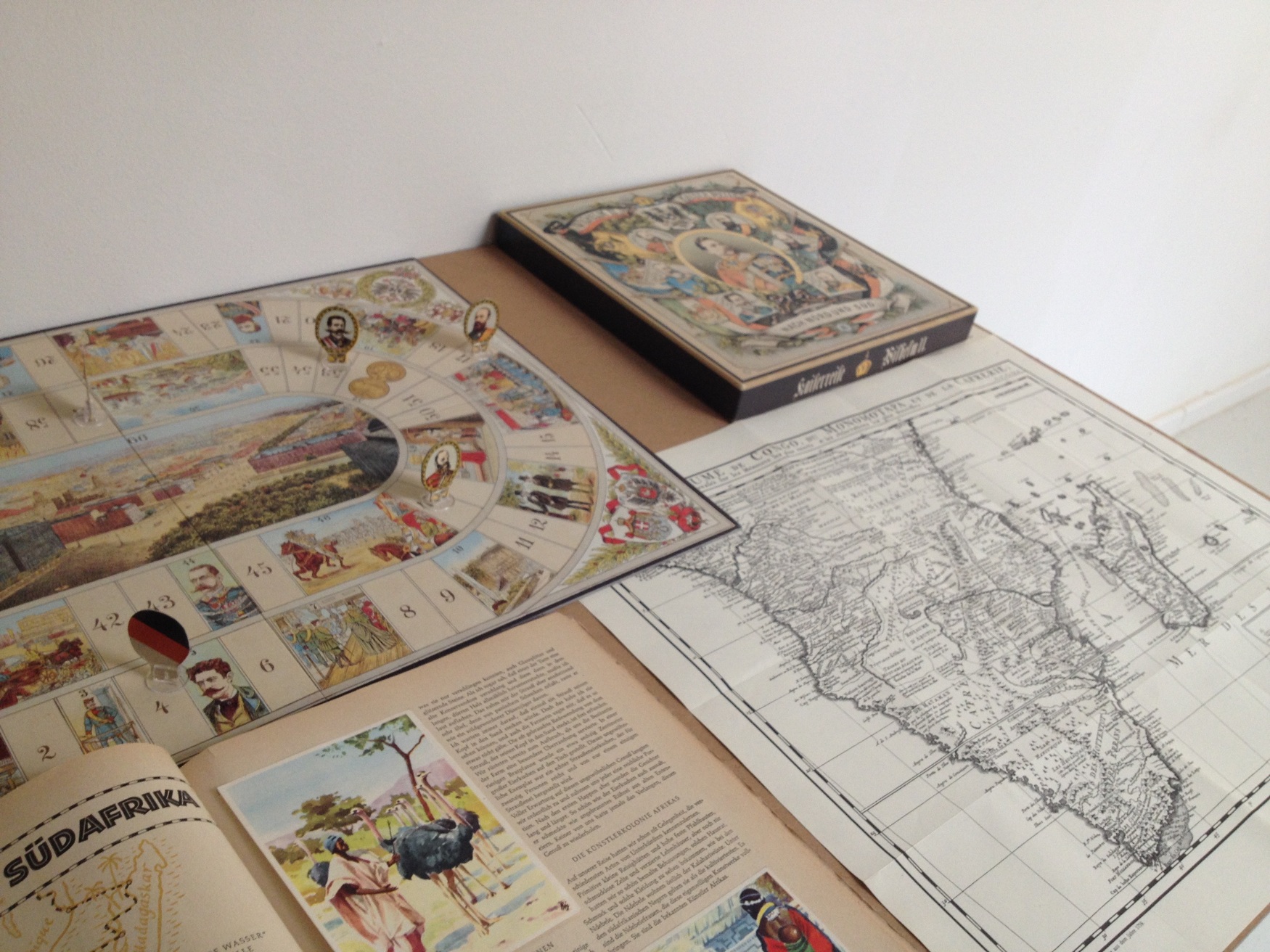We have eyes to see but do not see
Fragment N°2 Part 1 28.04.–30.06.2017
WITH Abrie Fourie
Curation Lynhan Balatbat-Helbock, Marleen Schröder, Marlon Denzel van Royen, Jorinde Splettstößer
Colonial Neighbours invites you to the second edition of Fragments – a series of interventions with SAVVY Contemporary’s archive project. We have eyes to see but do not see, a series of photographic and video works by South African artist Abrie Fourie opens in parallel to the exhibition Everything is Getting Better: Polish Colonialism curated by Joanna Warsza.
In this second edition of fragments, the South African artist Abrie Fourie explores the notion of meditations on places and landscapes, and the juxtapositions within them. The images confront both what is visible and invisible which speaks back to the unknown and known histories of colonialism. The images at first glance reflect a surreal beauty of the island and the Namibian and oceanic landscapes which become even more surreal once placed in relation to the history of these spaces.
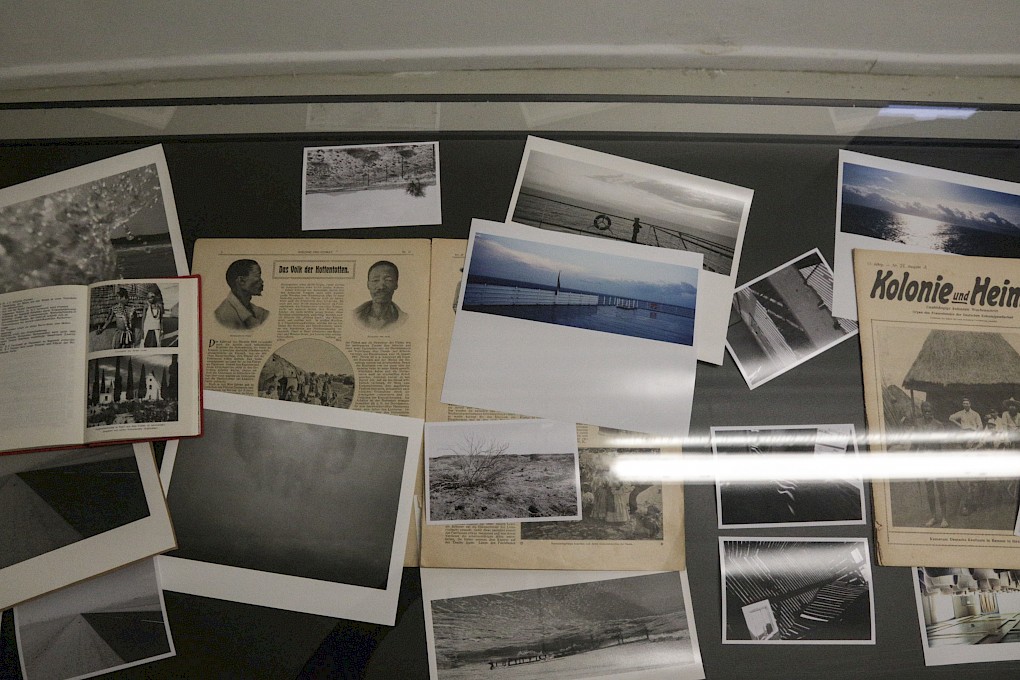
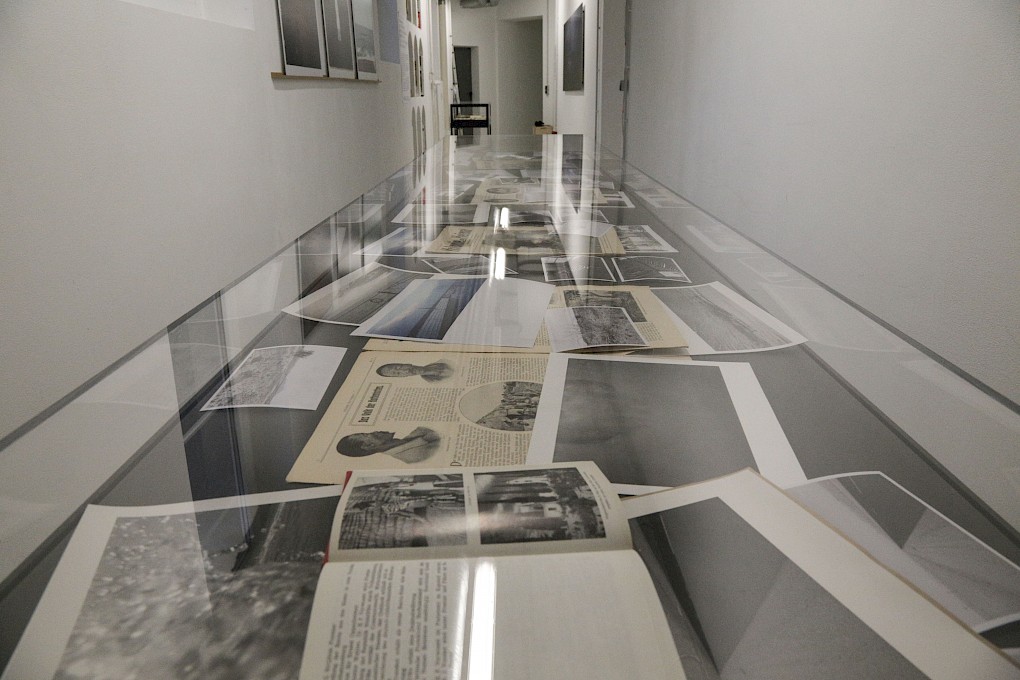
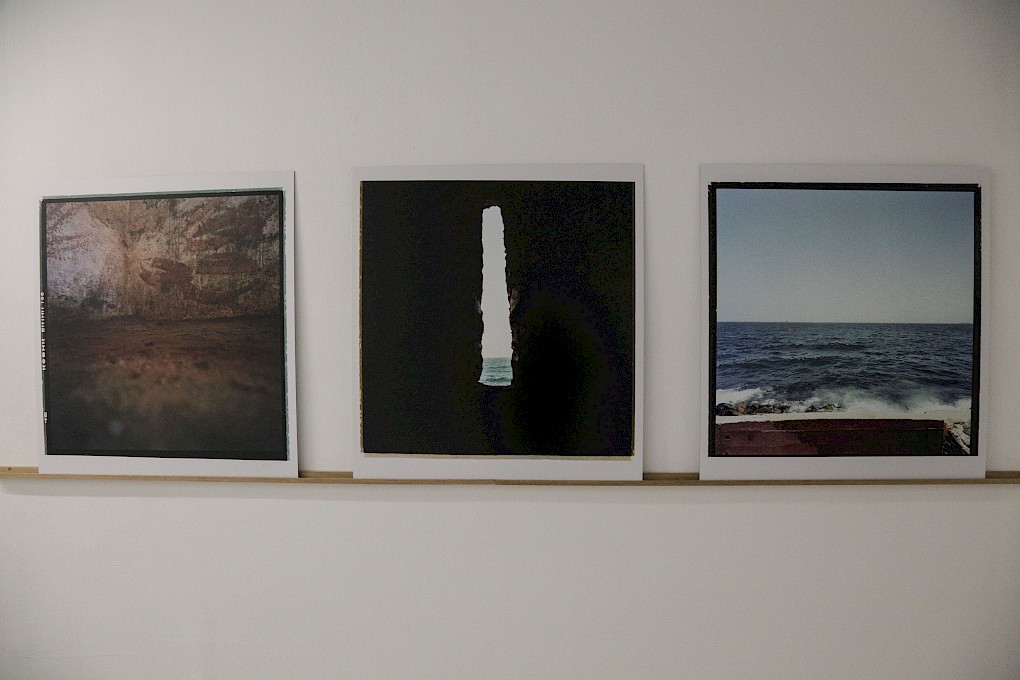
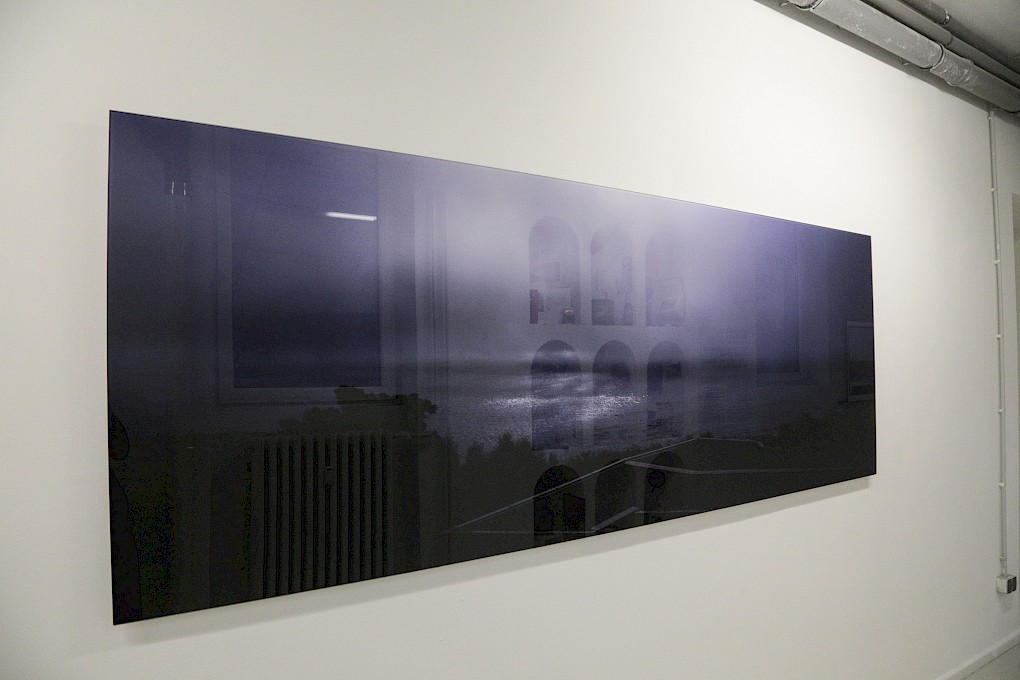
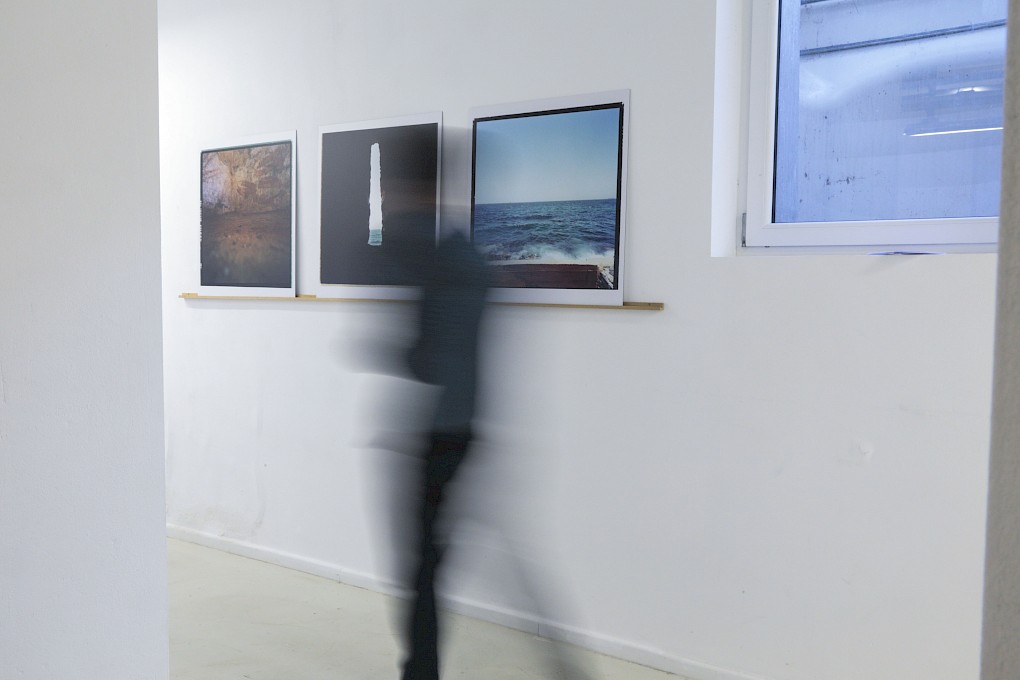
In his contemplative photographs of the Gorée Island, the Namibian desert and the oceanic landscape, water and land emerge as formations of colors, light, shadows and textures but simultaneously reflect on them as places of fear, death, war and resistance.
His photo series House of Slaves, Gorée Island is a photographic approach to a place that is connected to the remembrance of European colonialism and the Atlantic Slave Trade. Gorée Island is a small island off the coast of Dakar, Senegal, which became one of the central departure points for the enslaved Africans. Nowadays, the island serves as a pilgrimage destination for the African diaspora to remember this history of violence and displacement. Parting from the Door of No Return on Gorée Island, the Atlantic waters became the ground of the Middle Passage – representing the deportations and journeys of millions of enslaved Africans to unknown and hostile lands. These waters reappear in Abrie Fourie’s dreamlike Ocean, a solemn and immersive encounter with dark waters and our own gaze. Mirroring ourselves, we become part of a metaphor of both past and present passages, of personal and collective projections on the sea, yet it simultaneously locates us in the here and now. Fourie’s Namibia series was taken in the early ’90s, a time in which Namibia and South Africa underwent major political changes. The images become a reflection of this politically transitionary moment.
Fourie also invited his son Raoul Fourie and fellow artist Lukas E.D. Cuitak to re-install the archival collection Colonial Neighbours in order to subvert the way we look at these objects.

